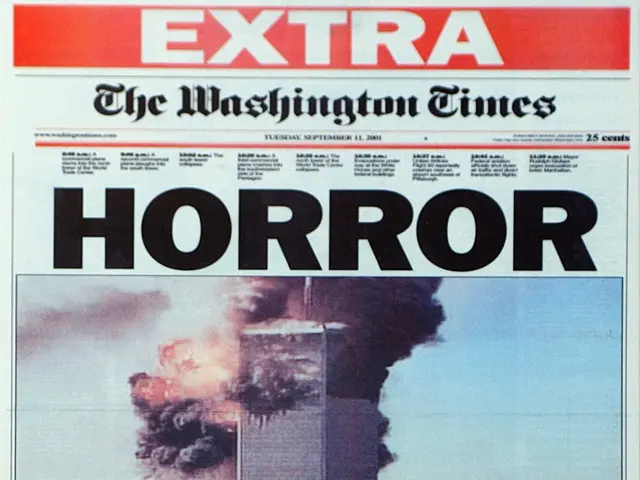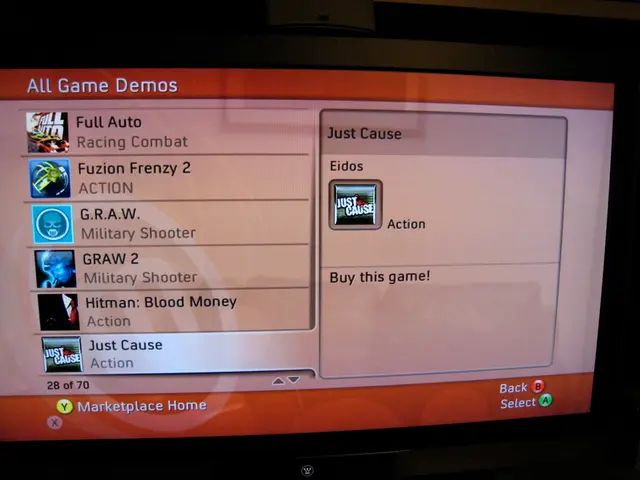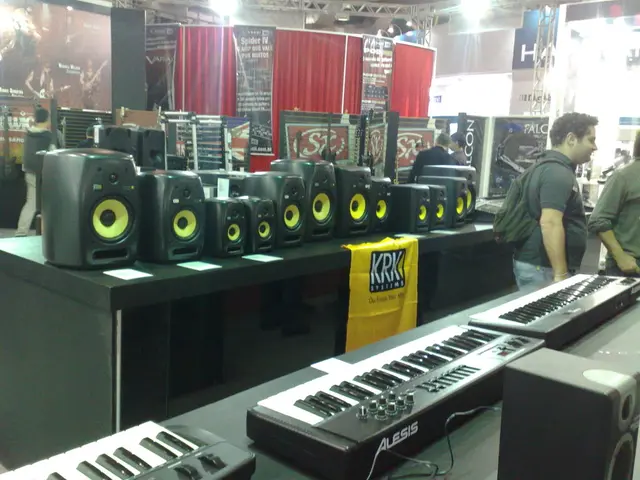New York's Gambling Opportunities Declining Swiftly as Lawmakers Omit it from Financial Proposals
It seems the push for legalizing internet gambling (iGaming) in New York this year has hit a roadblock.
Neither the New York Assembly nor the Senate incorporated provisions for online casinos in their respective versions of the state budget, which were unveiled on Tuesday. These proposals, commonly referred to as “one-house budgets,” serve as the chambers' responses to Gov. Kathy Hochul's proposed $227 billion budget announcement from last month.
Hochul's budget draft also failed to include iGaming.
Senator Addabbo, who heads the Racing, Gaming, and Wagering Committee, expressed dissatisfaction, stating that concerns about the impact of state-authorized casinos, racetracks with video lottery terminals, tribal casino operators, and mobile sports betting operators offering online casino games statewide on brick-and-mortar revenues and the development of the three downstate casinos were addressed.
Addabbo had hoped to leverage the momentum he perceived from the last two legislative sessions, allowing online sports betting and expediting the process to award the state’s last three commercial casino licenses, into a push for iGaming.
"If you're willing to surrender a billion dollars a year in lost revenue to other states and the black market – if you're OK with that – go ahead," Addabbo said.
The senator also argued that legalized iGaming would be a better way to secure funds for the state’s Metropolitan Transportation Authority (MTA) than Hochul's proposal to use revenue from the downstate casinos, especially since those tax dollars may not materialize for several years.
Legislators Disagree on Downstate Casino Taxes and Belmont Plans
Although there was no mention of iGaming, the Assembly and Senate budget plans included other gaming issues. However, the two bodies don't see eye-to-eye on all these matters.
For example, the Assembly supports the governor's plan to use downstate casino tax money to support the MTA's budget, which may face multi-billion-dollar deficits in the future.
However, this is not a unanimous position.
"The Senate proposes to direct funding from downstate casino licenses to the Metropolitan Transportation Authority (MTA) by ensuring that recurring casino tax revenues will be dedicated to education," the Senate’s budget summary states.
The Assembly and Senate also have opposing views on Hochul’s plan to loan NYRA $455 million to revamp Belmont Park.
The Senate wants to include additional conditions on the loan to ensure the renovations are completed as planned. Additionally, they propose the state to develop affordable housing on the Aqueduct Racetrack land, which would be returned once the Long Island track's improvements are finished.
Assembly leaders, on the other hand, want to remove the requirement that the Queens track closes once the Belmont work is completed.
Under the governor’s proposal, Belmont would close during renovations and would take three years to complete. The new Belmont would resume its traditional spring and fall meets while adding Aqueduct's winter and early spring schedules after the state takes control of more than 100 acres near JFK.
New York Budget Deadline Approaching
The unveiling of the one-house budget typically signifies the start of budget negotiations between lawmakers and the governor's office.
New York's fiscal year runs from April to March, and the state constitution requires the legislature to pass – and the governor to sign – the budget into law by April 1. In recent years, April 1 has seemed more like an idealistic target than a strict deadline as negotiations have extended into the start of the fiscal year.
The legislature did not approve last year's budget until April 9, and the 2021-22 plan was not approved until April 6, 2021.








